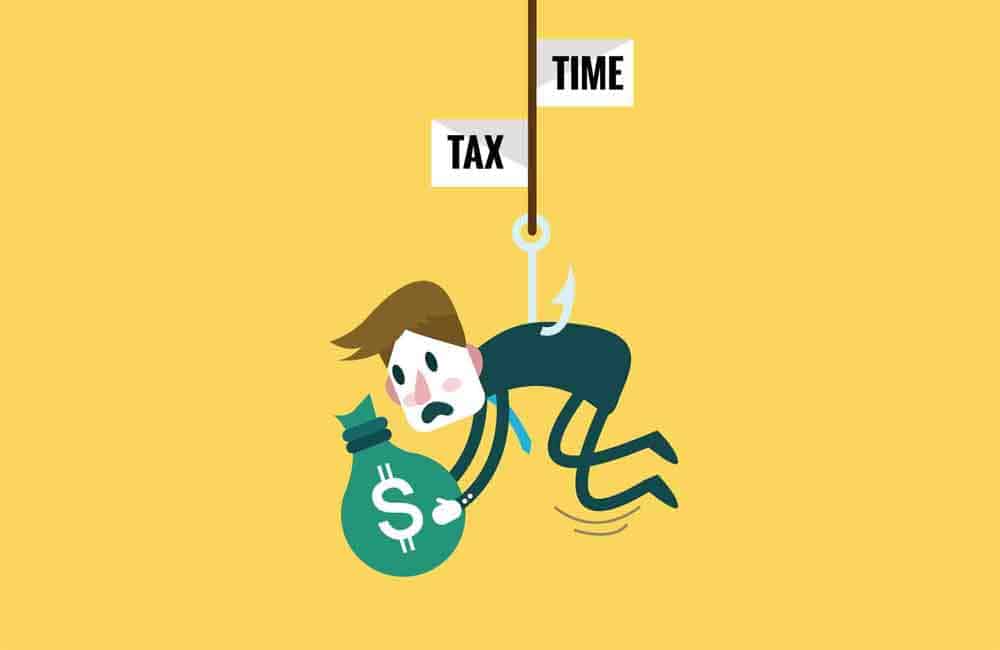Now more than ever it is vital for businesses to be up to date with the latest VAT rules both inside and outside of Ireland, according to Ethna Kennon and Finbarr O’Connell, authors of a comprehensive new book on the subject.
Businesses can often find VAT a difficult tax to manage. In theory, VAT should be simple to operate. A tax on spending is a relatively straightforward concept. In practice, however, VAT is a quite complicated tax governed by legislation and regulations containing more exceptions than standard rules.
Most businesses are aware how much VAT can impact on the bottom line. In particular, there are many businesses that cannot reclaim VAT on costs incurred and therefore VAT incurred represents a ‘real cost’. Such businesses include certain financial services providers, hospitals and medical practitioners, dentists, schools, colleges and bookmakers as well as domestic passenger transport providers. In addition, there are many types of organisations that incur irrecoverable VAT due to the nature of their status (e.g. certain charities and government bodies). For all of the above, particular care is needed when it comes to VAT. One of the biggest VAT risks for such entities is the VAT treatment applied to the purchase of goods and services from outside Ireland.
Even where a business is entitled to reclaim VAT incurred on costs, VAT issues can still arise in relation to a wide range of scenarios for both large and small businesses. As VAT is a tax on transactions (rather than profits), the amount of VAT, and therefore VAT-risk, that can arise for an organisation (on both sales and purchases) can be substantial compared with other tax-heads.
The following are examples of VAT questions that most businesses need to consider:
1. Am I obliged to register for VAT?
The provision of goods and services in Ireland will generally trigger a VAT registration where turnover becomes likely to exceed the relevant thresholds in any 12-month period. Of course, it may be possible to VAT register ‘early’ (i.e. while still below the turnover threshold) and this can allow for VAT recovery on associated business costs. This can be particularly relevant for start-ups or existing groups with new subsidiaries, for example.
2. Am I applying the correct VAT rate to supplies?
The standard VAT rate (currently 23%) is the default VAT rate in Ireland but there are also reduced rates (e.g. 13.5%, 9% and 0%) as well as an exemption in respect of many activities.
3. Are the people responsible for VAT in my organisation qualified and suitably experienced to deal with all of the relevant rules, and are my systems fit for purpose?
In many organisations, a variety of people and systems in different departments (e.g. tax and finance) may feed into the final VAT workings. It is therefore important that the relevant team are aware of all of the transactions that need to be included in the various returns. This is becoming increasingly difficult to achieve. Even if VAT compliance is outsourced to a third party, the business still needs to be satisfied that the correct information is being provided as the responsibility for being compliant remains with the taxpayer.
4. Am I recovering the correct amount of VAT?
Certain expenditure is not deductible (even if the person is involved in fully VAT-able activities) and therefore needs to be identified and excluded when preparing VAT returns (e.g. VAT incurred on petrol, most accommodation, entertainment expenses etc).
5. Do I have VAT obligations outside Ireland?
There are specific VAT rules to determine where supplies of goods and services are regarded as taking place for VAT purposes. For example, in many cases supplies of goods and services to private consumers are subject to VAT where the consumer is located and there may be obligations for Irish businesses to register for and pay VAT in the particular country where the consumer is located. For such businesses, selling to multiple jurisdictions can represent a significant challenge.
6. How do I deal with the purchase of goods or services from outside Ireland?
Businesses operating in Ireland are required to record most purchases from abroad in their Irish VAT returns, although typically this can be done in a VAT cashflow-neutral manner (if the purchaser has full VAT recovery). Separately, if foreign VAT is incurred on purchases, care is needed to see if and how this may be recovered.
7. What is the best way to deal with any VAT errors identified?
Depending on the nature of the errors and amounts involved, it may be possible to simply amend a subsequent VAT return to correct the underpayment without the requirement to notify Revenue. In other cases, a formal disclosure may be required.
8. Are there opportunities to make VAT savings or VAT cashflow savings?
For example, businesses with annual turnover of less than €2m can apply to account for VAT when the VAT has been paid to them by customers – many businesses are not aware of this. In addition, many are not aware of the entitlement to reclaim VAT that has been paid to Revenue in certain bad-debt scenarios. Finally, many groups do not make use of VAT-grouping provisions to improve their cashflow position and potentially minimise certain VAT costs.
9. Can I recover VAT on share-related transactions?
Most VAT-able businesses assume that VAT can be recovered on costs that relate to reorganisations, restructurings, share acquisitions and similar transactions. The Revenue Commissioners have traditionally sought to restrict VAT recovery in many of these cases on the basis that the transactions involve the transfer of shares (and the costs do not directly relate to a VAT-able activity). This is something that is very topical and the amounts involved can be quite significant.
It is important that businesses keep up to date with all of the necessary VAT rules and regulations. Each year, the Budget and subsequent Finance Act generally bring about some form of change to the operation of VAT that businesses may need to implement. For example, if any VAT rate changes, it is vital that finance systems and accounting packages are able to deal with this from the appropriate date.
Businesses also need to be aware of the ever-changing landscape outside of Ireland. The implications of Brexit from a VAT (and customs duty) perspective are still unclear but it is very likely that it will have an impact on the VAT treatment applying to many transactions between Irish and UK entities. Further afield, the recent introduction of new VAT/indirect tax systems in places like India and the United Arab Emirates will impact on Irish businesses operating in those parts of the world.
Most businesses can expect to encounter a Revenue audit (or other intervention) at some point and the Revenue Commissioners are applying increasingly sophisticated measures in their approach to Revenue audits. This Revenue activity is likely to increase. Ensuring compliance with VAT obligations should therefore always be high on the list for those responsible within the business.
 About the authors:
About the authors:
Finbarr O’Connell, AITI is a director with KPMG Ireland, advising a wide variety of clients on VAT and relevant contracts tax (RCT).
 Ethna Kennon, FCA, AITI is a director in KPMG Ireland’s indirect tax group. She also lectures on VAT matters for Chartered Accountants Ireland and the Irish Tax Institute.
Ethna Kennon, FCA, AITI is a director in KPMG Ireland’s indirect tax group. She also lectures on VAT matters for Chartered Accountants Ireland and the Irish Tax Institute.
A Practical Guide to VAT is published by Chartered Accountants Ireland. The book aims to simplify VAT, covering a wide range of practical VAT issues that Irish businesses encounter every day. KPMG has the largest VAT advisory and compliance team in Ireland. The book includes a chapter on the interaction of Irish VAT law and the EU directives on which our law is based. EU legislation and case-law can impact extensively in practice on the VAT treatment applied here in Ireland. The book deals with topics in a non-technical manner, highlighting areas where businesses frequently make mistakes and opportunities where savings can be made. It has been written for those who don’t work full-time in VAT roles but want a better understanding of VAT in Ireland and the issues, such as those above, that may impact on their business. A Practical Guide to VAT is available to buy from www.charteredaccountants.ie, priced €40.







